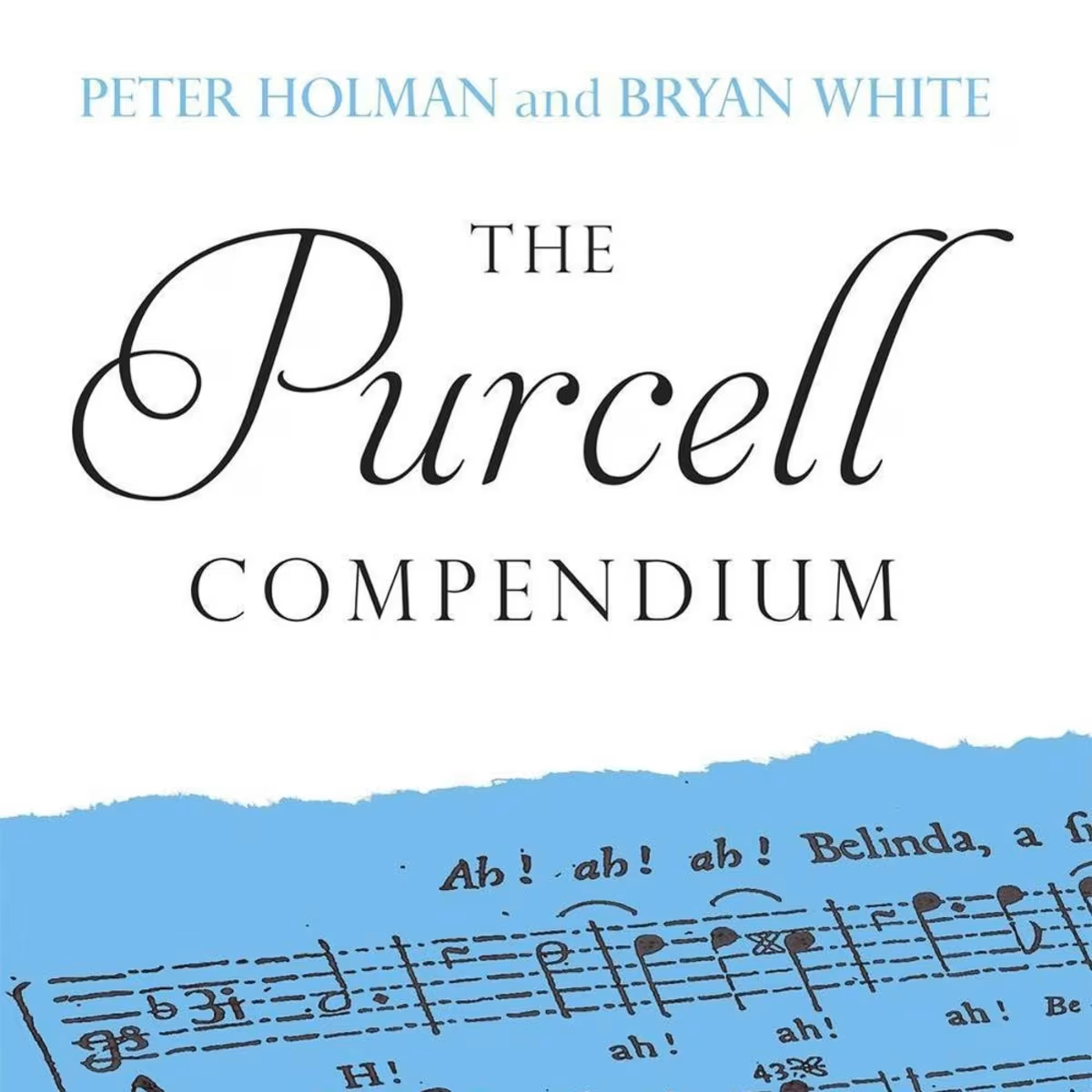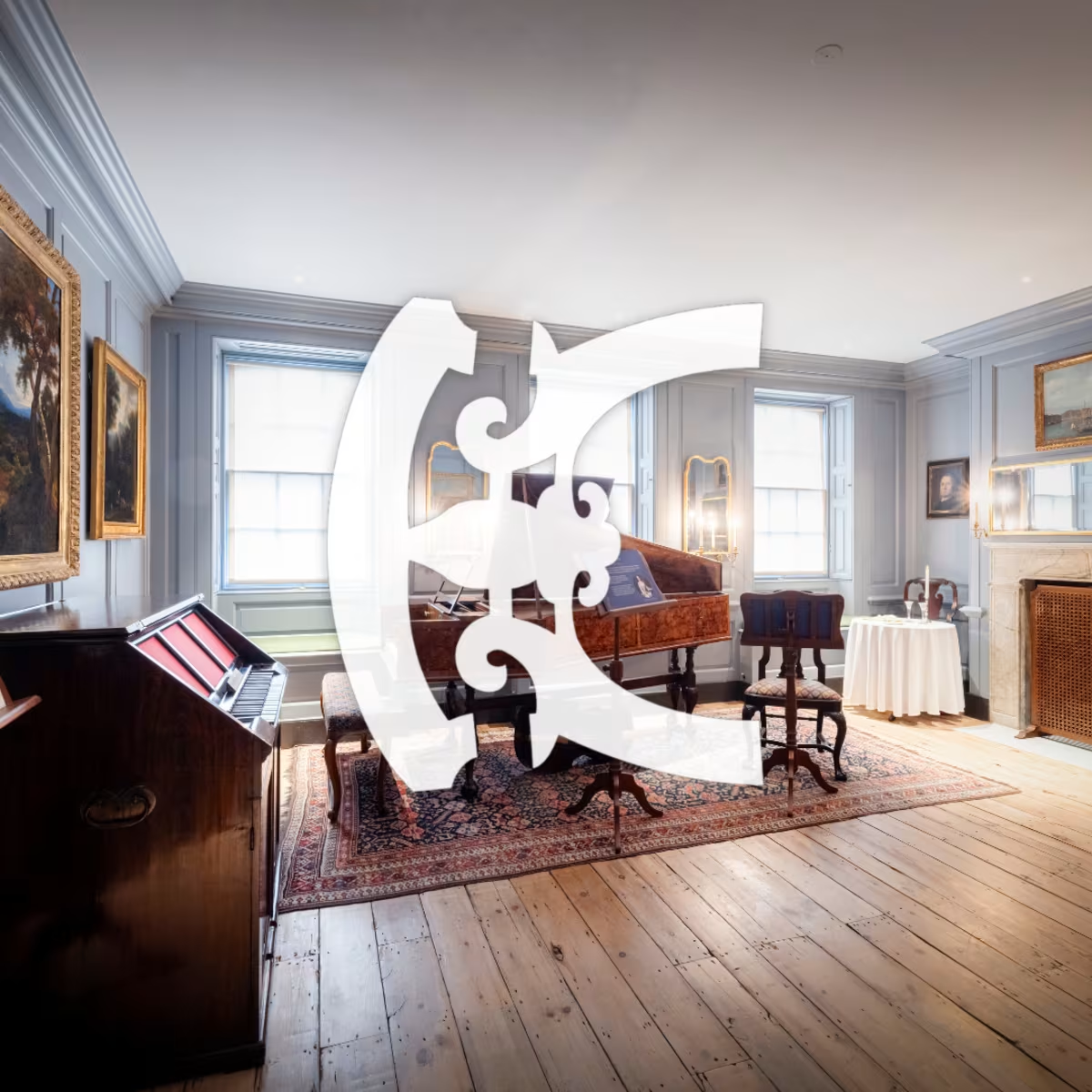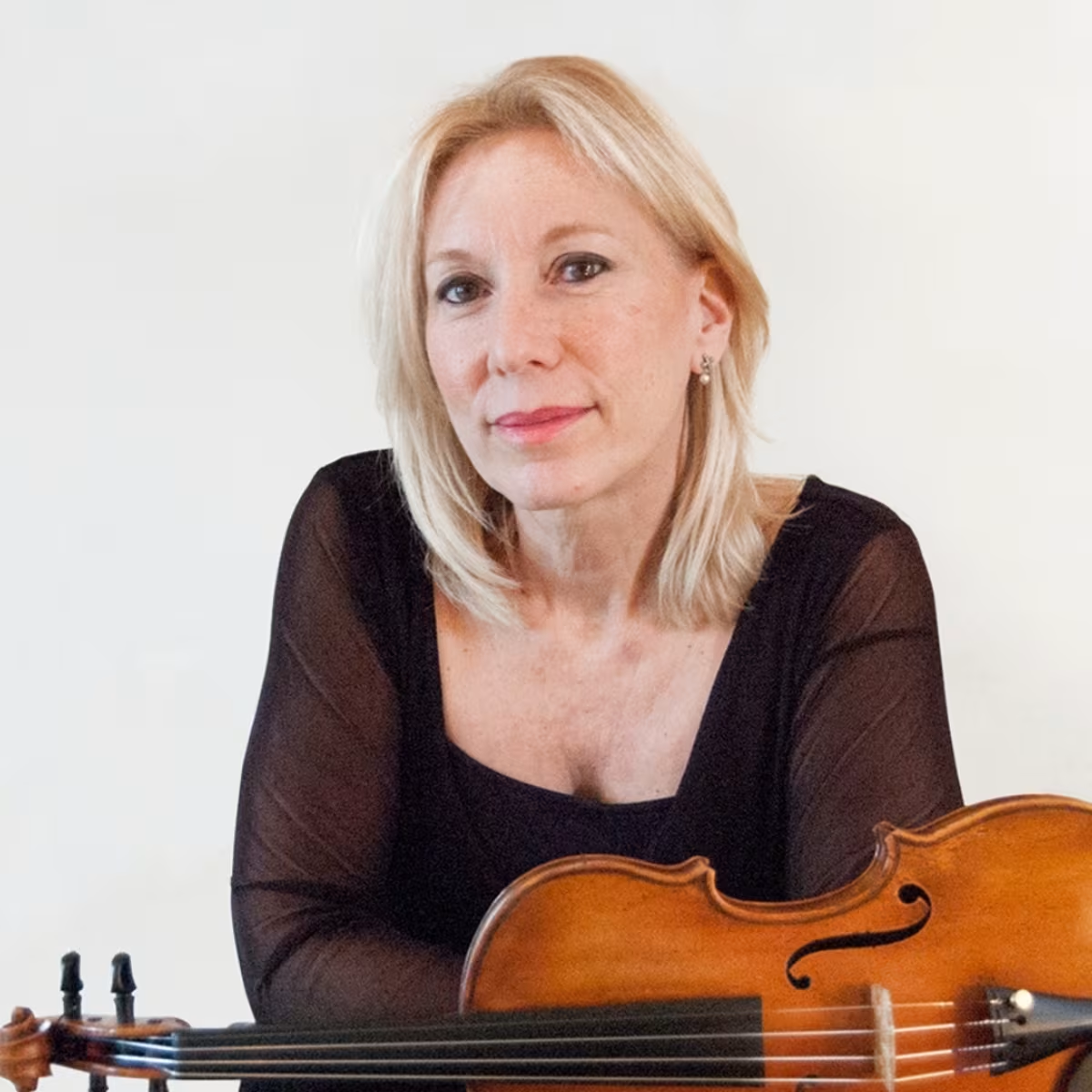Spotlight
In conversation: Jacob Garside
Share this

FIRST PUBLISHED 06 JUN 2025
Jacob Garside is a freelance cellist and viola da gamba player based in London. He studied baroque cello and viol with Jonathan Manson at RAM and studied viol with Richard Boothby and Reiko Ichise at RCM supported by the Enlightenment and Hill Scholarships, respectively. He is currently studying viola da gamba with Robert Smith on the Konzertexamen course at Hochschule für Musik und Tanz, Köln. He has played orchestrally for St James Baroque, La Nuova Musica, Academy of Ancient Music, Instruments of Time and Truth, Oxford Bach Soloists, Gabrieli Consort, Royal Northern Sinfonia and Det Norske Blåseensemble. A keen chamber musician, he has played for Rachel Podger’s Brecon Baroque, Spiritato, Opera Settecento Endelienta Baroque and the viol consorts Fretwork, Newe Vialles and London Viols. In 2020, Jacob was a founding member of The Hampstead Collective, where their monthly concert series is in its fourth year.
What is your idea of perfect happiness?
A summery pint in a beer garden by a river!
What is your superpower / superhero ability?
I’d love to have Bernard’s Watch. Emergency practice sessions and midday naps would be high on the Bernard’s Watch use list!
What non-musical hobbies or interests do you have?
I’ve recently been doing a load of gardening to make it nice for the summer. We dug a pond and have set up a nice little corner - which gets the sun in the afternoon - with a bench and some sun loungers. The next step is to plant loads of lavender and maybe some cucumbers and courgettes too!
What is your earliest musical memory?
When I was a teenager I got to play in a masterclass with Benjamin Zander as part of a young musicians programme with The Avison Ensemble. I played the gamba part from Es ist Vollbracht on my cello and the way he got me to explore it was the first time I’d been exposed to that level of music making and interpretation.
Do you have a lucky charm or ritual that you follow before important concerts?
If I’m really nervous, I have a private moment and read Shakespeare's Sonnet 29. There are so many different ways to read it, and it reminds me not to compare myself to other people and to be happy with the way I play myself.
When, in disgrace with fortune and men’s eyes,
I all alone beweep my outcast state,
And trouble deaf heaven with my bootless cries,
And look upon myself and curse my fate,
Wishing me like to one more rich in hope,
Featured like him, like him with friends possessed,
Desiring this man’s art and that man’s scope,
With what I most enjoy contented least;
Yet in these thoughts myself almost despising,
Haply I think on thee, and then my state,
(Like to the lark at break of day arising
From sullen earth) sings hymns at heaven’s gate;
For thy sweet love remembered such wealth brings
That then I scorn to change my state with kings.
What made you choose the cello?
I always loved the sounds of string instruments and thought I’d be too tall and my fingers too big to play the violin, so I wanted to play the cello. Cello isn’t such a popular instrument in Sunderland, so when I got to secondary school there was the opportunity to have free lessons and that’s what set me off with music.
Would you like to put the spotlight on a teacher, a mentor or an ensemble that has had a significant influence on your journey so far, and why?
I’ve learned so much from all of my teachers, but to speak briefly about just two of them, Reiko Ichise opened up a whole world of new possibilities for me on the viol and my lessons with Jonathan Manson will be a constant source of inspiration and aspiration.

As founder of the Players of the Hampstead Collective, what do you enjoy most about your role, and how do you overcome any challenges?
I love being able to put on my favourite music and to ask my mates to join me for it!
You formed the Players of the Hampstead Collective in 2020 in response to the devastating effect of the global pandemic on the arts, and live classical music in particular. Can you tell us more?
That’s right. We were proud to bring world class music into Hampstead and, in addition, support musicians – both those in the Collective and our collaborators – during that time of immense financial insecurity. In our inaugural 2020-2021 season we presented seventeen weekly concerts in the face of enormous uncertainty and instability due to the Covid-19 pandemic, postponing when necessary due to sudden lockdowns. Now we perform monthly concerts occurring on the first or second Monday evening of each month from October to August.

You are a member of Saraband, who specialise in music that would have been heard in the grand houses, sitting rooms, coffee houses, taverns and streets of the 17th and 18th centuries. Can you tell us more?
A lot of the music we play, specifically with the venues in mind, form virtuous circles in their historical context. For instance, Purcell tunes becoming pop tunes and then those same tunes being reworked again by other composers. I love the focus on the stories of our music. For example, we performed in a church in Twickenham on top of Alexander Pope’s grave, playing music from John Gay’s Beggars Opera, which was written on Gay's visit to Pope’s Twickenham villa.
Saraband recently performed their programme ‘Painted Ladies’ in the music room at Kenwood House. Could you share with us any special moments in the realisation of this project?
Playing venues like this, rather than modern concert halls, gives our instruments the right space for their glorious voices to be heard in the most intimate way. For this particular project, the ladies who formed the focus of our music were looking down on us from their portraits as we played. More recently, we also played at Kew Palace. Timothy Roberts played the original Georgian organ there, the very same one enjoyed by George III and Queen Charlotte, and we played a keyboard concerto written by Queen Charlotte’s harpsichord teacher, JC Bach, featuring God Save The King in the final theme & variations movement!
Share this
Keep reading

The Purcell Compendium
A reference volume covering an extensive range of Purcell studies, including his life and works, his milieu and the reception of his music to the present.

Playlist: Handel in London
A playlist that explores the music written by George Frideric Handel in London: from operas and oratorios to instrumental highlights.

Beethoven revisited
Violinist Jacqueline Ross reflects on her evolving relationship with the composer’s violin sonatas, and her research-led project, ‘Beethoven Revisited’.


